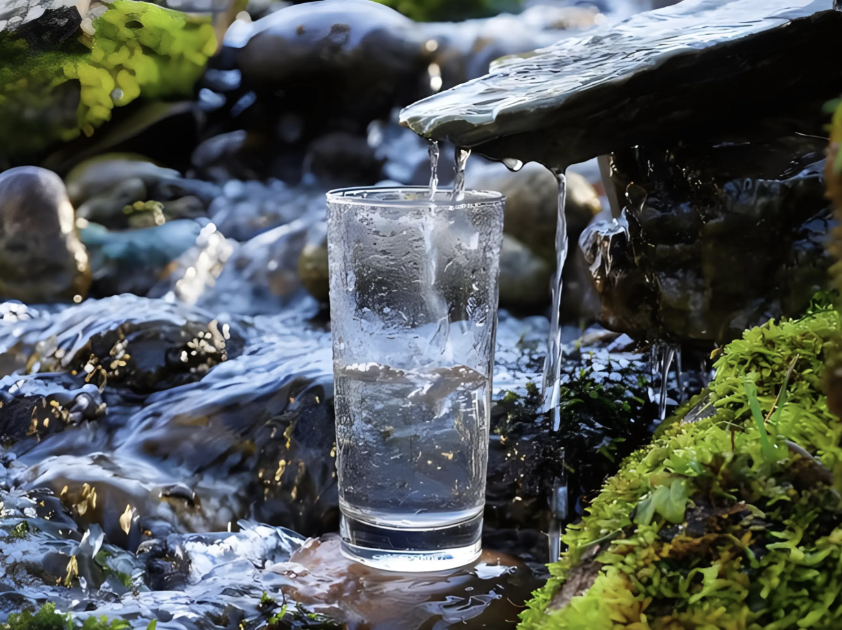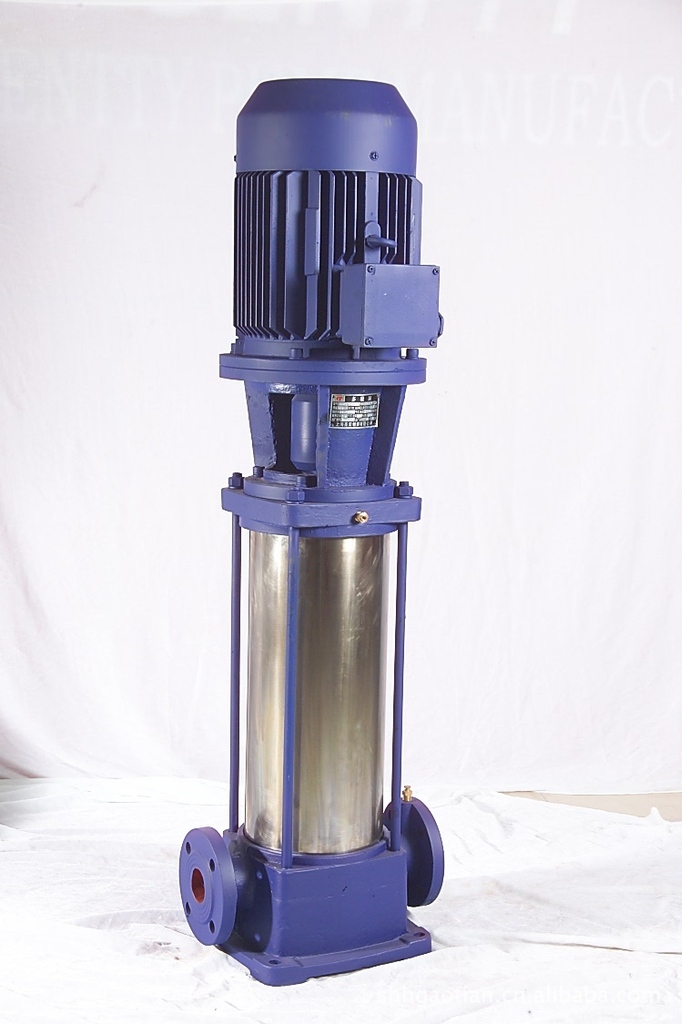The Lifespan of Water Pumps for Drinking Water
Water pumps are essential for ensuring a reliable supply of drinking water in households, communities, and industrial settings. The lifespan of these pumps varies significantly based on multiple factors, but with optimal conditions and maintenance, they can serve efficiently for many years. This article explores the typical lifespan of water pumps used for drinking water, the factors influencing their durability, and strategies to maximize their operational life.

Average Lifespan of Water Pumps
The lifespan of a water pump depends on its type, quality, and usage. Generally, well-maintained water pumps can last between 10 to 20 years. For instance:
Centrifugal pumps: Often used in residential water systems, these typically last 15–20 years.
Submersible pumps: Designed for deep-well applications, they can endure for 15–25 years with proper care.
Stainless steel pumps: Known for their corrosion resistance and durability, they are ideal for drinking water applications and can exceed 20 years of service.
However, lower-quality pumps or those subjected to harsh conditions may fail in as little as 5–10 years.

Factors Influencing Lifespan
Water Quality:
The purity of the water being pumped is critical. Water with high sediment content, minerals, or corrosive chemicals can accelerate wear and tear. For example, hard water can cause abrasion and damage to internal components, shortening the pump’s life.
Material Quality:
Pumps made from durable materials like stainless steel (especially grades 304 or 316) offer superior resistance to corrosion and wear, making them ideal for drinking water applications. In contrast, pumps made from low-grade plastics or inferior metals may degrade faster.
Maintenance Practices:
Regular maintenance is crucial for longevity. This includes:
Inspecting and cleaning filters and seals periodically.
Lubricating moving parts to reduce friction.
Checking electrical connections to prevent motor damage.
Neglecting maintenance can lead to premature failure.
Operating Conditions:
Pumps running continuously or under high负荷 (e.g., serving large households or commercial setups) may wear out faster. Environmental factors like extreme temperatures, humidity, or exposure to corrosive substances can also reduce lifespan.

Installation and Power Supply:
Proper installation ensures optimal performance. Voltage fluctuations or electrical surges can damage the motor, so stable power supply is essential.

Strategies to Extend Lifespan
Choose High-Quality Pumps: Opt for reputable brands and models designed specifically for drinking water, such as stainless steel pumps, which are hygienic and durable.
Regular Maintenance: Schedule routine inspections and address issues like leaks or unusual noises promptly.
Water Treatment: Pre-filter water to remove sediments and impurities that could damage the pump.
Avoid Overuse: Ensure the pump is appropriately sized for its workload to prevent excessive strain.
Conclusion
The lifespan of a water pump for drinking water typically ranges from 10 to 20 years, but this can be extended through mindful practices. Investing in a high-quality pump, adhering to maintenance schedules, and ensuring favorable operating conditions are key to maximizing longevity. By doing so, users can ensure a reliable and safe drinking water supply for years to come.




